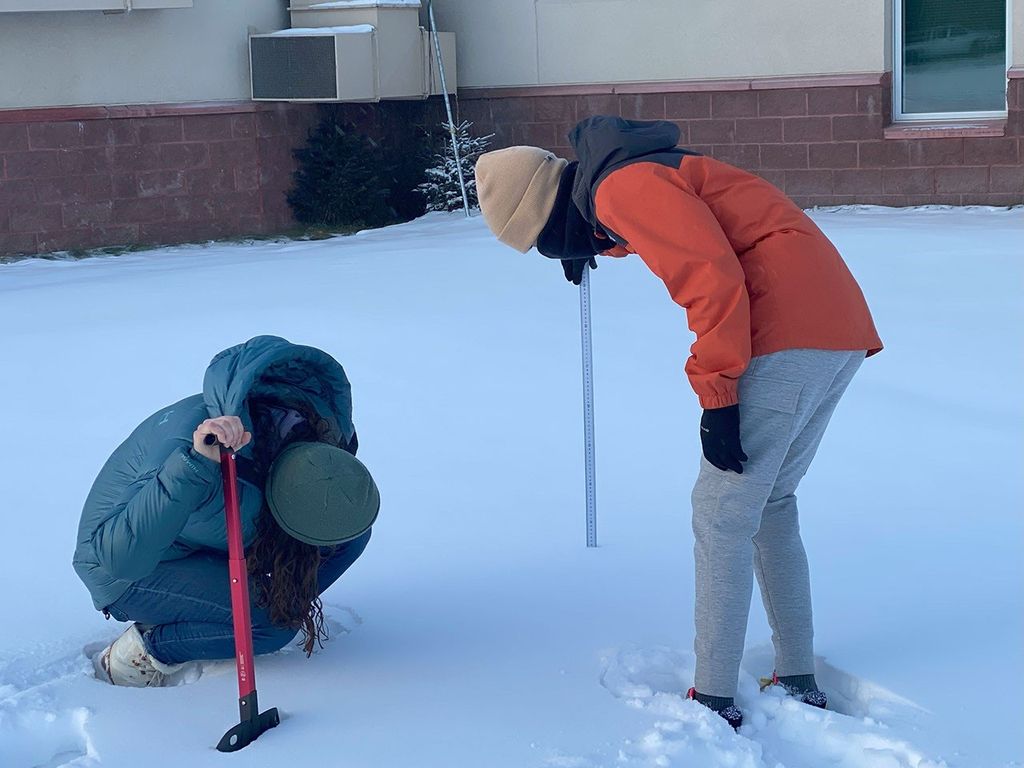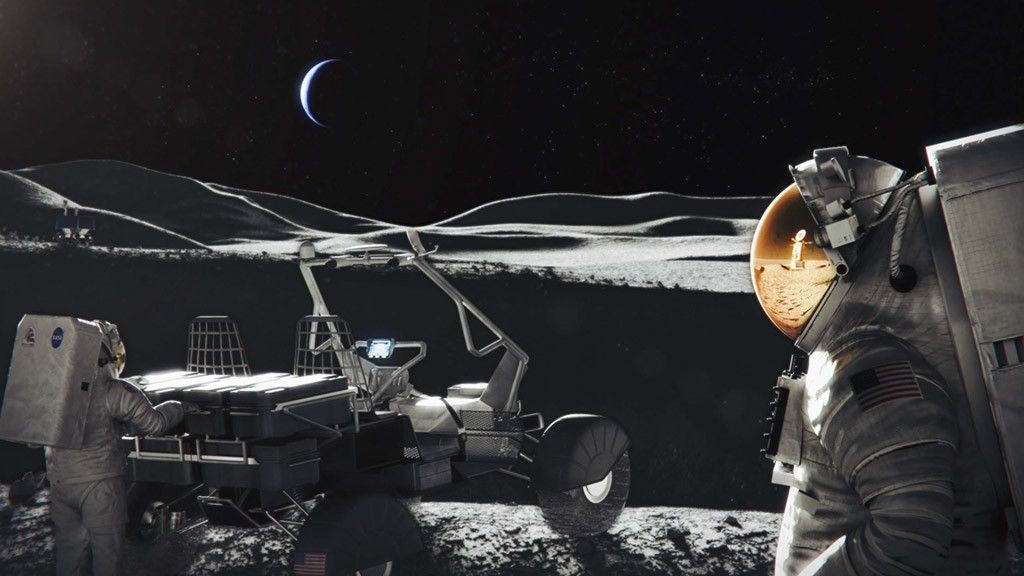Hinode (Solar-B) Stories
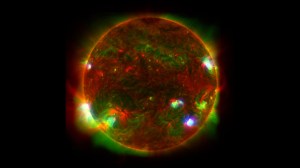
NASA’s NuSTAR Telescope Reveals Hidden Light Shows on the Sun
4 min read
Some of the hottest spots in the Sun’s atmosphere appear in the telescope’s X-ray view. Even on a sunny day, human eyes can’t see all the light our nearest star gives off. A new image displays some of this hidden…
Article
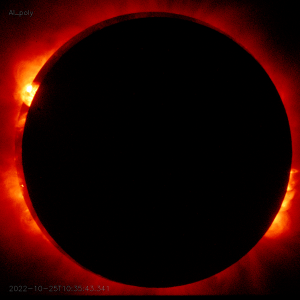
Hinode Sees Annular Solar Eclipse from Orbit
1 min read
On Oct. 25, the Hinode satellite used its X-ray Telescope to capture three passages of the Moon eclipsing the Sun. While Hinode was able to observe an annular eclipse from orbit, only a partial solar eclipse was visible from the…
Article
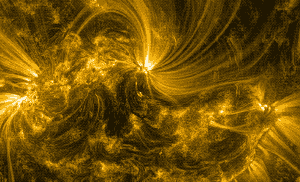
In First, Scientists Trace Fastest Solar Particles to Their Roots on the Sun
7 min read
Zipping through space at close to the speed of light, Solar Energetic Particles, or SEPs, are one of the main challenges for the future of human spaceflight. Clouds of these tiny solar projectiles can make it to Earth – a…
Article

















